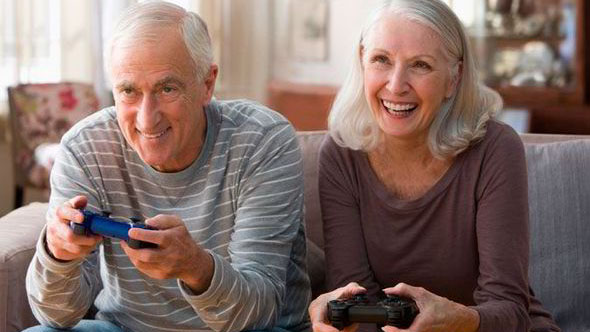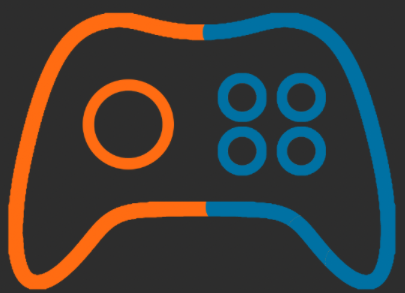When the elderly is exposed to video games with highly negative stereotypes in this age group, a warm and wonderful journey of memories of the past begins. What kind of “game magic” allows them to let go of prejudice and heal their hearts?
The University of Science and Technology of China and the National Archives under the National Library Administration of the country have jointly designed a game called “Speak out” to promote the mental health of the elderly and improve their cognitive functions through nostalgia therapy.

This video game focuses on the modelling of real historical scenes in the country. Each level has a different theme, including scenes related to the Chinese people and iconic places, humanities, and national movements. Participants must share their memories and experiences of the scenes or events in the pictures according to the level they enter and discuss them to unlock the next level.
Unlike general video games, its primary audience gamers are the elderly in the country’s nursing institutions.
Nostalgia therapy can improve the cognitive ability of the elderly. Studies have found that recalling the past can help significantly increase blood flow to the brain by up to 80 times. This game can also allow young people to learn to communicate with the elderly, thereby deepening their understanding of each other and promoting cross-generational communication.
In this game, communication between people is one of the most effective ways to improve the brain’s responsiveness and the flexibility of various language and behaviour modules. If the elderly communicate appropriately In the game, they will naturally gain many benefits.
A report from the Institute of Psychology at the University of Illinois at Urbana-Champaign pointed out that electronic games can keep the elderly’s brain alert to a certain extent, and then maintain a number of brain health levels such as memory, reaction level, and response ability for a long time. Just like people who exercise regularly, their physical health and activity are higher than normal people, which makes them look younger and less prone to aging.
The university has also launched a nostalgia therapy training programme in conjunction with several communities in its area, including online unit courses for community caregivers to help them master the skills related to this therapy. At present, those who have completed this training program will be able to conduct nostalgia therapy in the community care institutions they serve, including guiding the elderly to play this electronic game.
The slogan of this game is: “Embrace the past, cure aging, games can be more than just ‘mental drugs’.”






